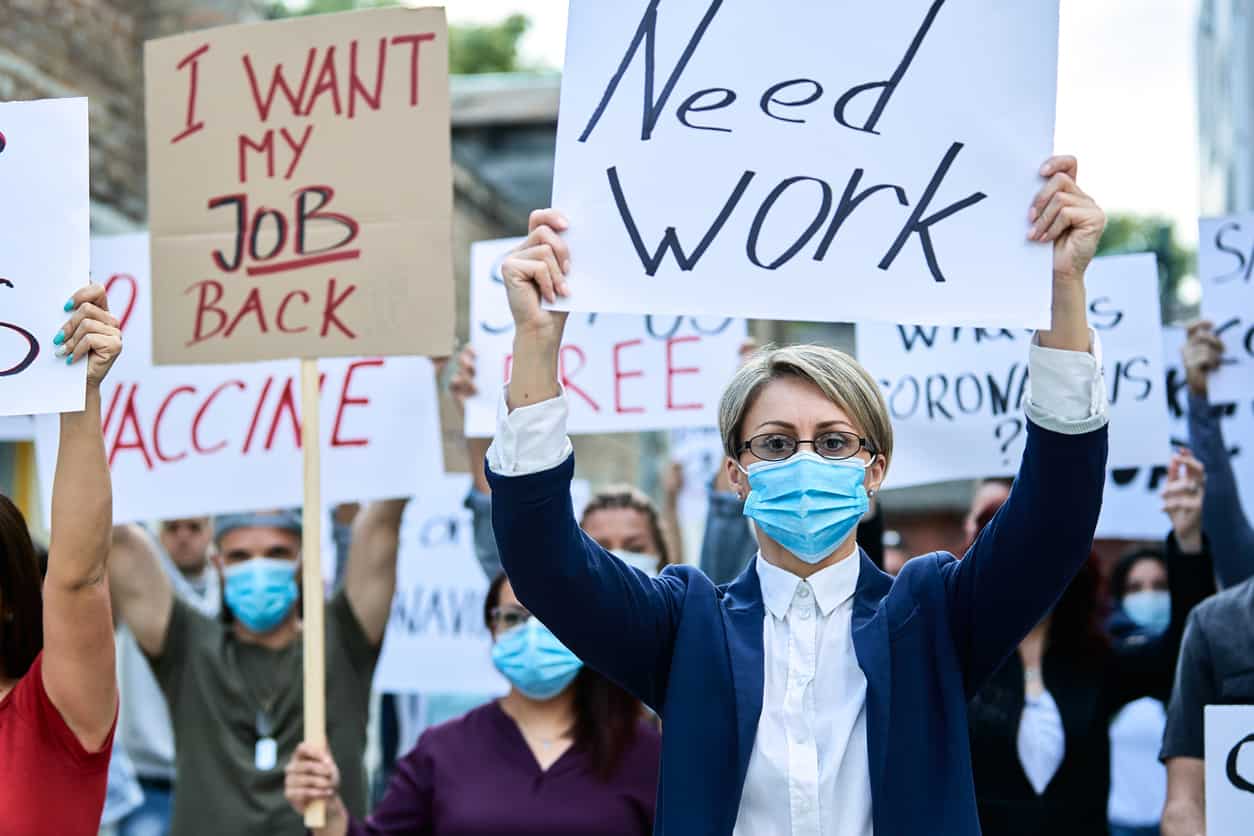Being a signatory to the Business Roundtable’s statement of the purpose of a corporation did not bear fruit when it came to a company’s responsiveness to COVID-19 pandemic and inequality issues, a groundbreaking new initiative has revealed.
The Test of Corporate Purpose – founded by by Mark Tulay and co-chaired by Bob Eccles, Hiro Mizuno and Sacha Sadan – assesses how companies respond in a time of severe global crisis, and test if they truly “walk the talk” in delivering to their stated corporate purpose.
Using research from Truvalue Labs, more than 800 publicly traded companies were assessed on their performance, providing the first comprehensive review of how companies are stacking up against each other in this crisis environment.
The TCP Report analysed S&P500 constituents, 300 FTSEurofirst companies and the Business Roundtable signatories on their performance in relation to the COVID-19 pandemic and inequality crises, looking at three tests:
- The commitment to purpose test: Is there any relationship between being a company with aspirations to be purpose-driven and how a company performs when put to the test during times of crisis?
- The historical performance test: What is the relationship between proactive company strategies to address issues before a crisis and their performance during a crisis?
- The speed of response test: Does it matter how quickly a company responds to a crisis?
According to the results, when taking into account a firm’s historical performance and the timeliness of its response, the Business Roundtable statement on corporate purpose shows a small negative impact on the quality of a firm’s response to COVID-19. However it had a small positive impact on a company’s response to inequality issues.
“As events continue to unfold, it is crucial to analyse the responses and actions of publicly traded companies and to evaluate the degree to which these demonstrate a meaningful transition toward the promised stakeholder primacy model,” Mark Tulay, founder and CEO of TCP, said.
It has been a year since the CEOs of 181 major companies committed to deliver value to all stakeholders by signing the Business Roundtable statement on corporate purpose. This was touted as marking a shift in how companies operate, but as Lucian Bebchek, James Barr Ames Professor of Law, Economics and Finance at Harvard Law School points out this was largely a public-relations move.
Senator Elizabeth Warren similarly recently lambasted Jamie Dimon, CEO of JP Morgan and Doug McMillon, CEO of Walmart, and the former and current board chairs of the Business Roundtable, criticising them and other BRT member CEOs for their failure to honour commitments from BRT’s 2019 Statement on the Purpose of a Corporation.
She urged the BRT to fully commit to the principles and publicly report on their progress, pointing out that they have not “operationalised their commitment to workers and communities” but have been lobbying for their own narrow, short term interests.
“Rebuilding our economy so that workers, customers, and communities are able to share in prosperity requires real change in the way decisions are made in corporate headquarters and on Wall Street, not just the vague, empty-worded press releases that you have issued thus far,” Warren said.
Bob Eccles, who is Visiting Professor of Management Practice at the Said Business School at the University of Oxford, suggests that a good place for the BRT companies, and all companies, to start is for the board to publish a “statement of purpose” and that each year the company publish an integrated report. Eccles is considered the global leader on integrated reporting. He was the founding chair of SASB and one of the founders of the International Integrated Reporting Council.
“When the board holds itself accountable for the purpose of the corporation, empty words become real commitment words,” he said.
The TCP – which could be seen as a major first step in holding companies accountable on their corporate purpose – was launched to examine the best practices of corporations in managing the fallout from the pandemic, inequality and social unrest. It also set out to look at which companies are performing best in regard to employee, community, environmental and consumer interests, and importantly why. It also looks at what a company’s performance in the time of the pandemic, and rising concerns about racial and income inequality, indicates about the seriousness and durability of its commitment to stakeholder interest and corporate purpose.
The results found that in every scenario, companies that have been consistently top performers on inequality related issues between January 2015 and February 2020 show a significantly better performance on inequality during the crisis.



